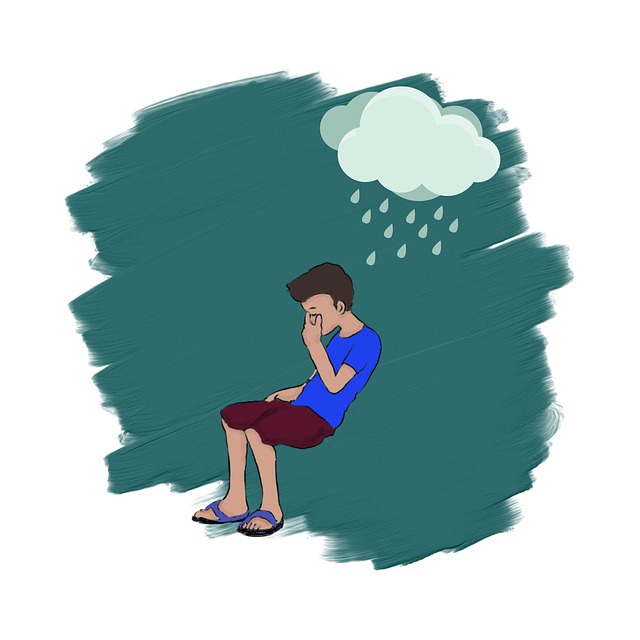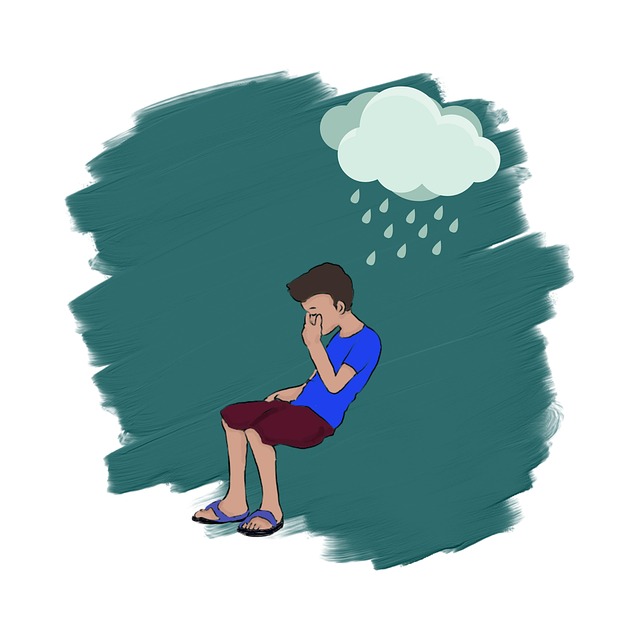The Russian-speaking community faces significant mental health challenges due to stigma, cultural factors, and language barriers. These obstacles hinder access to crucial support and treatment, such as Parker Russian Speaking Therapy services. To break these barriers, programs like Inner Strength Development, Stress Management Workshops, and Crisis Intervention Guidance educate, empower, and provide immediate support. Parker Russian Speaking Therapy serves as a cultural bridge, offering therapy in native languages to foster comfort and improve emotional regulation. By addressing healthcare accessibility issues and promoting open conversations about well-being, these strategies collectively aim to create an inclusive network that encourages mental wellbeing and minimizes barriers to seeking help.
Mental illness stigma reduction is a vital task, especially within diverse communities like the Russian-speaking population. This article explores efforts to break down barriers to mental health support, focusing on the unique challenges faced by this community. We delve into the role of cultural sensitivity and the impact of initiatives such as Parker Russian Speaking Therapy in fostering open dialogue about mental wellbeing. By understanding stigma’s reach, we can implement effective strategies to promote a more inclusive approach to mental health care.
- Understanding Stigma: Barriers to Seeking Help in the Russian-Speaking Community
- Parker Russian Speaking Therapy: A Cultural Bridge to Mental Health Support
- Strategies for Effective Stigma Reduction and Promoting Mental Wellbeing
Understanding Stigma: Barriers to Seeking Help in the Russian-Speaking Community

Stigma surrounding mental illness can significantly hinder individuals from seeking much-needed support and treatment. In the Russian-speaking community, this issue is exacerbated by cultural factors and language barriers. Many in this community may associate mental health struggles with weakness or shame, leading to a reluctance to discuss these challenges openly. This stigma often prevents them from reaching out for professional help, such as that offered by Parker Russian Speaking Therapy.
The concept of seeking therapy is further complicated by the lack of awareness about available resources and the fear of judgment. Inner Strength Development programs and Stress Management Workshops Organization can play a pivotal role in breaking these barriers. By providing education and fostering an environment of understanding, these initiatives can empower individuals to take charge of their mental health. Moreover, Crisis Intervention Guidance services ensure that those facing acute distress have access to immediate support, encouraging them to seek long-term care without the added obstacle of stigma.
Parker Russian Speaking Therapy: A Cultural Bridge to Mental Health Support

Parker Russian Speaking Therapy serves as a vital cultural bridge, connecting individuals from Russian-speaking backgrounds with essential mental health support. This specialized service addresses a significant gap in healthcare accessibility by offering therapy in the native language, fostering a sense of comfort and understanding. Many Russian speakers face unique challenges when seeking mental health services due to linguistic barriers and a lack of culturally sensitive resources.
By providing therapy tailored to their specific needs, Parker Russian Speaking Therapy enhances emotional regulation and depression prevention among this demographic. Trained healthcare providers equipped with cultural competency training play a crucial role in creating an inclusive environment, ensuring effective communication and empathy. This initiative not only promotes better mental health outcomes but also encourages open conversations about emotional well-being within the community.
Strategies for Effective Stigma Reduction and Promoting Mental Wellbeing

Stigma reduction is a multifaceted strategy that requires a shift in societal perception and improved access to quality mental health services. One effective approach involves education and awareness campaigns that dispel myths surrounding mental illness, emphasizing its prevalence and treatability. These initiatives can be tailored for diverse audiences, including communities, schools, and workplaces, fostering an environment of empathy and support.
Additionally, integrating therapeutic modalities such as Parker Russian Speaking Therapy offers targeted interventions. This therapy provides individuals with the tools to manage their mental health proactively, encouraging positive thinking and self-care practices. Moreover, risk management planning for mental health professionals is vital; comprehensive risk assessments ensure practitioners are equipped to handle complex cases while maintaining patient safety. By combining these strategies, we can create a more inclusive and supportive network that promotes mental wellbeing and reduces the barriers associated with seeking help.
Mental illness stigma reduction is a complex process, especially within communities like the Russian-speaking population. By addressing cultural barriers through initiatives such as Parker Russian Speaking Therapy, we can create a more inclusive environment for seeking mental health support. Combining this with effective strategies to combat stigma enables us to foster better mental wellbeing and ensure that all individuals have access to the care they need without hesitation or fear of judgment.














